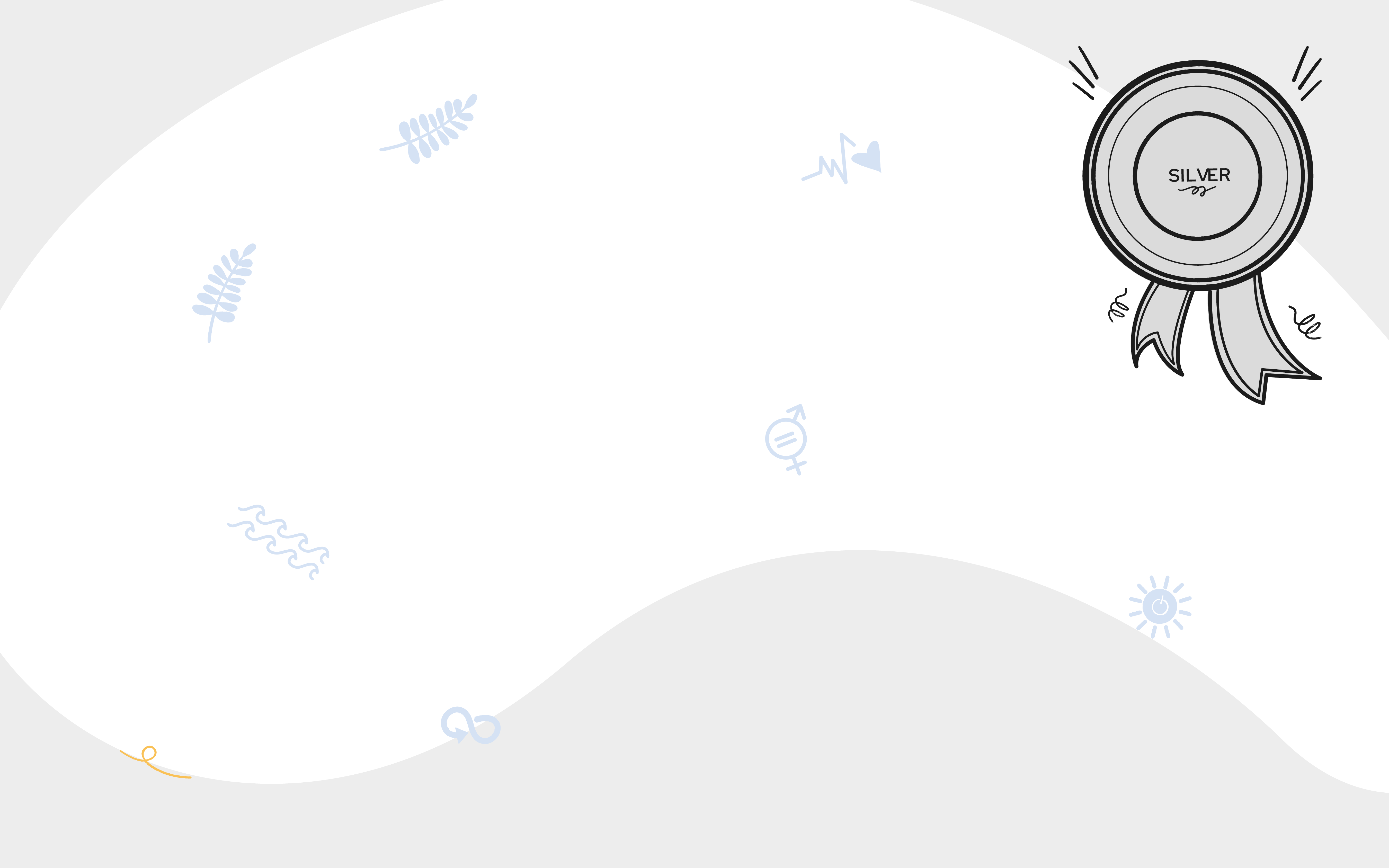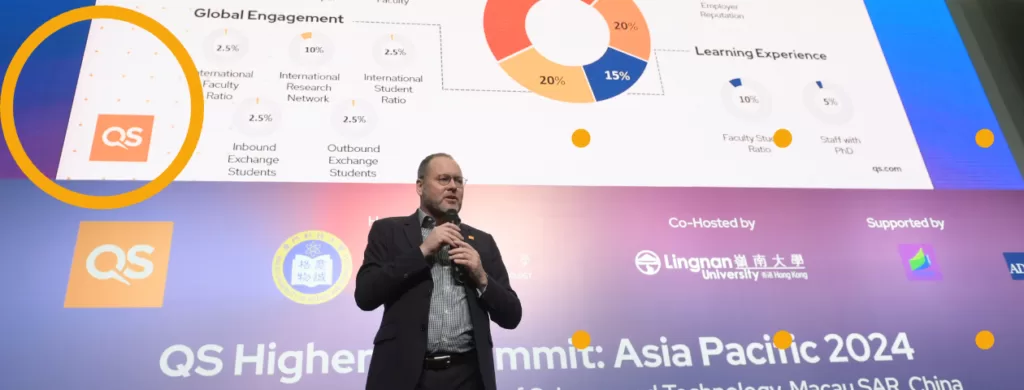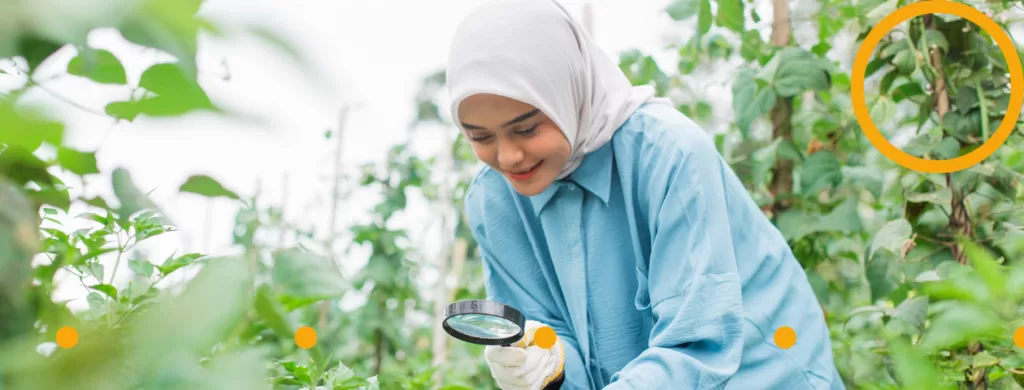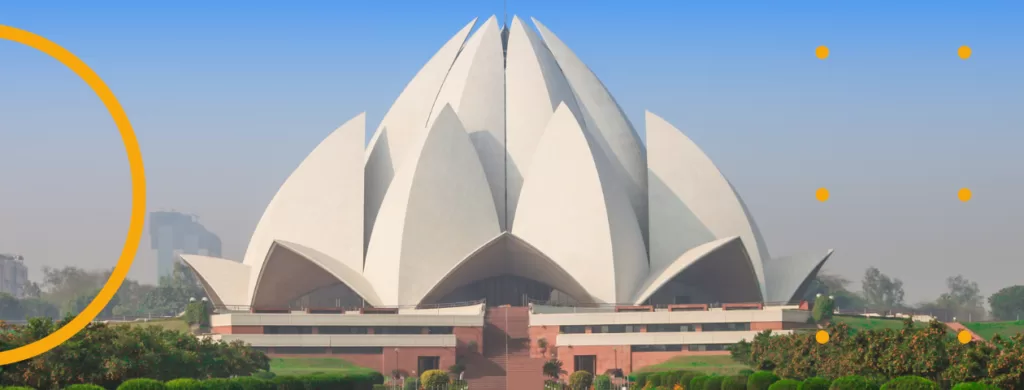
For the second blog in our three-part series, we spoke with the developers of the Green Teams Program about their work to bring students and organisations together to foster sustainability.
According to those behind the Greens Teams Program, tackling the world’s most challenging development issues requires a multidisciplinary approach; one that combines expertise and innovation from people of all backgrounds and disciplines.
The PSEG Institute for Sustainability Studies at Montclair State University launched the program in 2016 in an effort to push for progress towards the sustainable development goals.
We spoke with those behind the program; Amy Tuininga, Amelia Miller, Ralph Olacio and Tirzah Mills, about their work and their 2021 QS Reimagine Education silver award for sustainability.
Congratulations on your silver Reimagine Education award win for the Green Teams Program. Could you tell us a little bit about what the Green Teams Program is?
This unique, team-based internship innovatively bridges classrooms to careers by matching diverse, trans-disciplinary teams of undergraduate students from academic institutions across the nation with organisations (e.g. Fortune 500 companies, non-profits, community groups, government agencies, small businesses, and municipalities) to address global sustainability challenges locally. The unique nature of this academic-corporate-public partnership engages individuals across business sectors with academia and community groups to work towards more sustainable and resilient communities.
The Green Teams is a comprehensive program that offers soft and hard skills and professional development in a series of training and project development opportunities throughout ten weeks of the summer. The program is innovative in that it emphasises inclusion and bringing together students from different majors, backgrounds and academic institutions because we understand that diversity leads to innovative, holistic solutions. The program creates a professional development space and frames it to address environmental, social, and economic sustainability issues for students to apply their diverse backgrounds. Allowing students to utilise their knowledge acquired from higher education in concrete and real-life projects better positions them to be admitted to graduate and professional schools and go on to successful careers.
How does it feel to be recognised for your work on sustainability?
We are honored and thrilled to be recognised for the great work our students do in partnership with the hosting organisations. This recognition helps to build credibility and increase visibility for future partnering organisations. The Institute strives to provide opportunities to students, academic faculty/staff and organisations, while also addressing current environmental challenges and this acknowledgement continues to propel us forward.
There is a strong ‘trans-disciplinary’ aspect to your project, bringing together diverse students from STEM and non-STEM subjects. How do you believe this feature contributes towards addressing the world’s sustainability challenges?
We cannot address the greatest challenges the world faces from one angle or one discipline alone. We must come together to produce robust solutions that build resilient communities. We have a lack of equity, especially with regards to the effects of climate change, because we have not been inclusive in our approaches in the past. We ultimately fail when we do not include the people who live in the frontline communities which these decisions will directly affect. These multifaceted issues require inclusive and trans-disciplinary approaches for impactful, long-lasting solutions.
For example, one Green Team – that included students majoring subjects including Environmental Studies, Environmental Technology, , Political Science and Economics, Studio Arts, and Language, Business and Culture – completed a project around sharing (in English and Spanish) with low-income and Spanish-speaking communities, the benefits of a New Jersey Community Solar program that constructs solar arrays in nearby spaces to multi-family housing units and provides reductions in energy cost, carbon emissions and air pollution for their community.
How do you see your project having a real-world impact on the sustainable development goals (SDGs) and are there specific goals that your project addresses?
Since 2016, the Green Teams Program has partnered with over 32 organisations, completing over 190 projects together. The diversity of both our partners and the projects that we do with them has allowed us to have a real-world impact on many of the SDGs. We work hard to make sure that our projects result in outcomes and outputs that build towards achieving the SDGs, oftentimes having a project touch upon many different SDGs.
In just the last year, our twelve Green Teams worked on projects that addressed SDGs 2 (Zero Hunger), 3 (Good Health and Well-Being), 6 (Clean Water and Sanitation), 7 (Affordable and Clean Energy), 9 (Industry, Innovation and Infrastructure), 11 (Sustainable Cities and Communities), 12 (Responsible Consumption and Production), 13 (Climate Action), and 16 (Peace, Justice and Strong Institutions). These projects involved working with a vertical farm that employs individuals on the autism spectrum to improve their operations and provide fresh, local food to the community; designing green school yards to improve stormwater mitigation and reduce the urban heat island effect in underserved communities; and researching hydrogen energy to improve its efficiency and reduce costs through innovative technologies.
Additionally, the SDGs are integrated into the PSEG ISS Green Teams Program itself. Our entire program focuses on educating students coming from diverse backgrounds and low-income families in fields of sustainability, addressing SDGs 4 (Quality Education), 5 (Gender Equality), 8 (Decent Work and Economic Growth), and 10 (Reduced Inequalities).
What advice do you have for anyone who feels frustrated by a perception of inaction on addressing the sustainable development goals, in particular, the climate emergency?
Join us. Join a local organisation. Partner with an academic institution, corporation, or community group. Don’t do it alone. Find a group that is known for action. While this could mean peaceful activism, it can also mean real action in the sense of rolling up your sleeves and connecting with a professional, seeking out a head of an organisation, or presenting in a board room any data, analyses and ideas you have for proposed solutions. When you join forces with an unlikely ally, sometimes you make more progress. Don’t be afraid to reach out and work with someone you might perceive to be the enemy. They probably are in a position to do a lot of good and are looking for a pathway you might suggest.
How important do you believe the higher education sector is (such as the institutions, research and students) to efforts to achieve the sustainable development goals and why do you think this is?
Essential. Absolutely critical. The technology needed to address these issues is brand new. Anyone in government or industry who has been in their career more than a minute will not have been trained on this in college. We need fresh eyes and fresh talent. Students are driven and bring an unconventional perspective. This is the world they are inheriting and they want it to be better. So, the motivating factor is there to generate strong outcomes from those just now learning about the topics. Just give them a chance to work on real-world situations where their ideas and suggestions can be implemented. They are ready.
What do you hope the future holds for the Green Teams Program?
Our dream is to have invested donors endow the operation so we can focus on dissemination, training, and implementation. Our impact toward addressing sustainability and the climate crisis would be much greater without spending so much of our time fundraising. The reason we do this is to provide living wages to students who work on the projects. Our Green Teams alumni already do a great job supporting new Green Teams members and more recent alumni, and our partners and hosting organisations provide excellent opportunities for our students. We simply need to find long-term support so we can move the focus to scaling the program and to sharing and executing the great ideas the students develop to address our local and global challenges.
QS events and conferences bring together thought leaders and experts in the higher education sector to network, share innovative thinking and spark critical conversations.
If you would like to learn more about innovation within higher education, you’re invited to register for Reimagine Education 2022; a virtual conference taking place on the 5-9th December.
To learn more about what else QS has planned for 2022, please click here.



